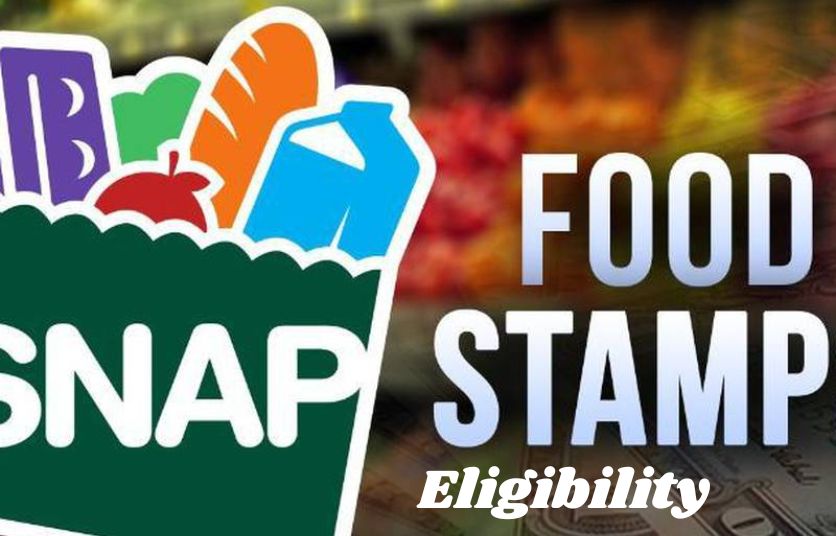The Supplemental Nutrition Assistance Program (SNAP) is a lifeline for many families and individuals facing food insecurity. While the overarching guidelines for SNAP are federally determined, each state, including Florida, has the autonomy to fine-tune certain elements.
If you’re considering applying for SNAP in the Sunshine State, here’s what you need to know:
Primary Criteria for Eligibility
- Identity Verification: All applicants must conclusively establish their identity as part of the application process.
- Work Requirements: Specific conditions apply to adults aged 18 to 50 who don’t have dependents and aren’t pregnant. They can access benefits for a limited three-month duration within a three-year period unless they’re actively engaged in employment or participating in a recognized training program. FAQs provide more details on this.
- Income Boundaries: To qualify, a household’s gross income should typically not surpass 200% of the Federal Poverty Level.
- Allowable Deductions: Florida’s SNAP program permits the deduction of certain household expenditures from the gross income. This can range from housing and utility costs to specific medical expenses, child support payments, and even certain earned income deductions.
- Florida Residency: Only individuals residing in Florida are eligible for the state’s SNAP benefits.
- Citizenship and Residency Status: Applicants must either be U.S. citizens or possess certain qualified noncitizen statuses.
- Social Security Stipulations: Every applicant is required to present a valid Social Security Number or show evidence of having applied for one.
- Child Support Collaboration: Some applicants, under specific conditions, must work in tandem with the state’s child support enforcement agency. This is especially pertinent when establishing legal parental ties and securing court-ordered child support.
- Asset Considerations: While many personal assets, like vehicles or property, don’t typically impact eligibility, there are specific thresholds for households with certain disqualifications. For instance, households with a disqualified member must adhere to an asset limit of $2,500, which increases to $3,750 if the household includes an elderly or disabled member.
- Duty to Report: Beneficiaries are mandated to promptly report particular changes. This includes scenarios where their total monthly gross income goes beyond 130% of the Federal Poverty Level for their household size or when work hours for able-bodied adults drop below 80 hours per month. Such changes must be reported within a 10-day window following the month in which the change occurred.
Factors Leading to Ineligibility:
- Past convictions related to drug trafficking.
- Actively avoiding arrest due to a felony warrant.
- Historical or current violations of SNAP’s operational rules.
- Noncitizens who don’t meet the necessary eligibility criteria.
- Certain students enrolled in higher education institutions, depending on their specific circumstances and enrollment status.
In essence, while SNAP provides invaluable support to countless Floridians, it’s imperative to be well-versed with the state’s specific eligibility nuances. Those contemplating applying should familiarize themselves with these criteria to ensure a smooth application process.

I like to know if I was approved. I really need help, I lost my job when my car broke down about 5 weeks ago. I have no food can you please help me
You should have been eligible for emergency expedited assistance if you had no income. Did you get an decision and get help?